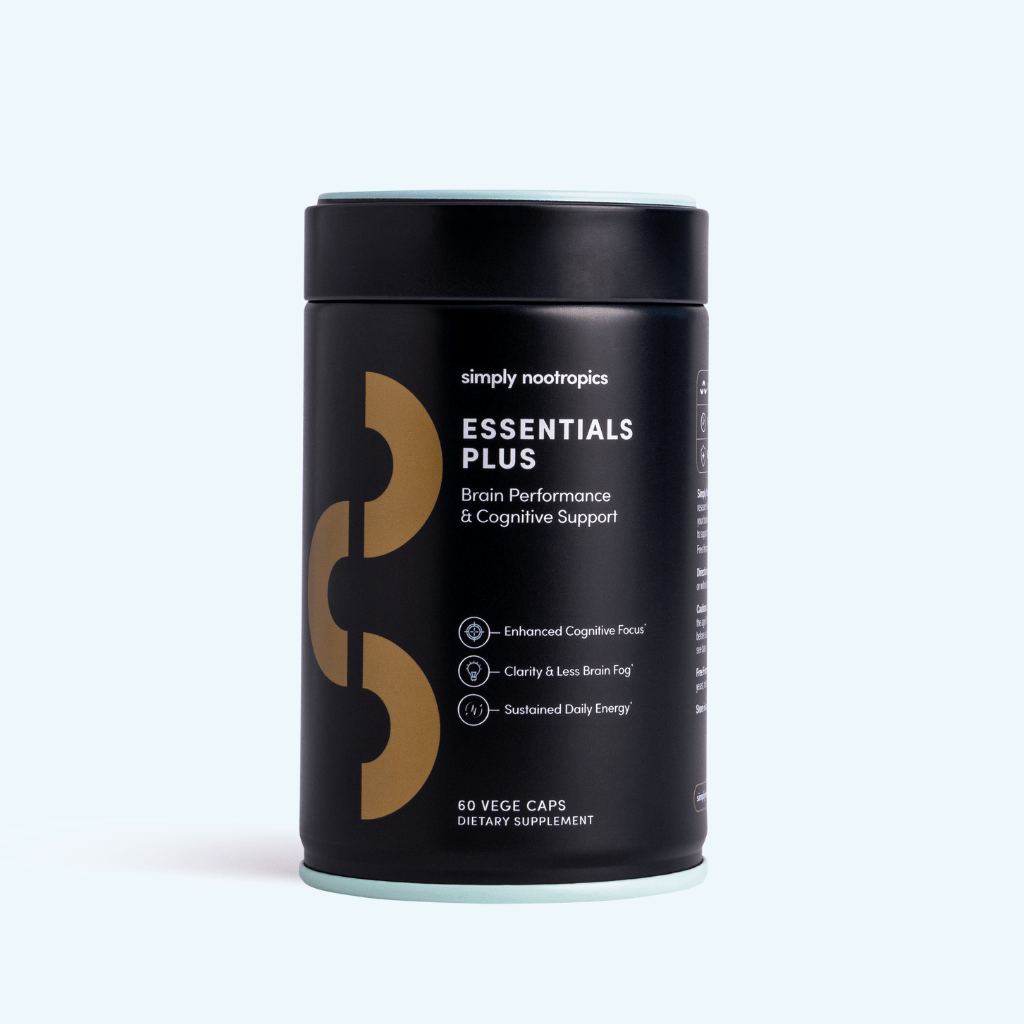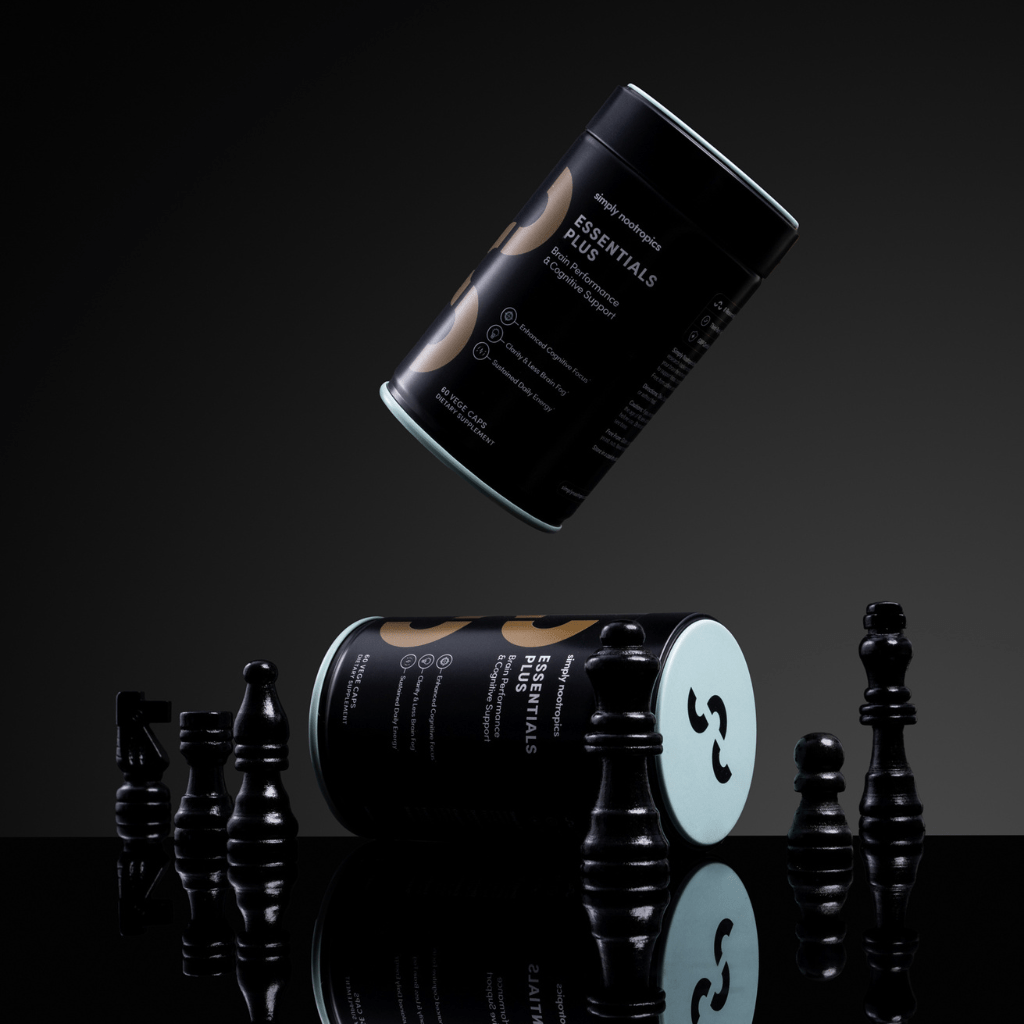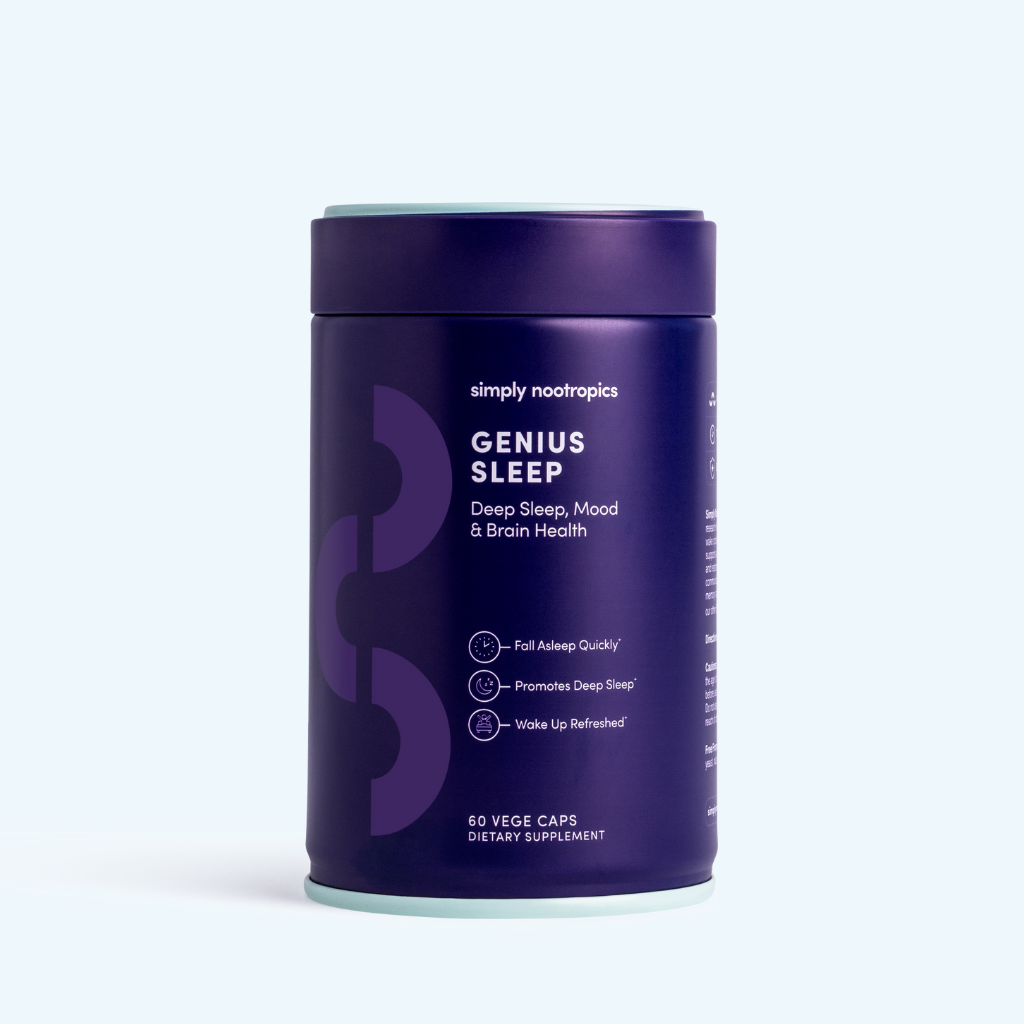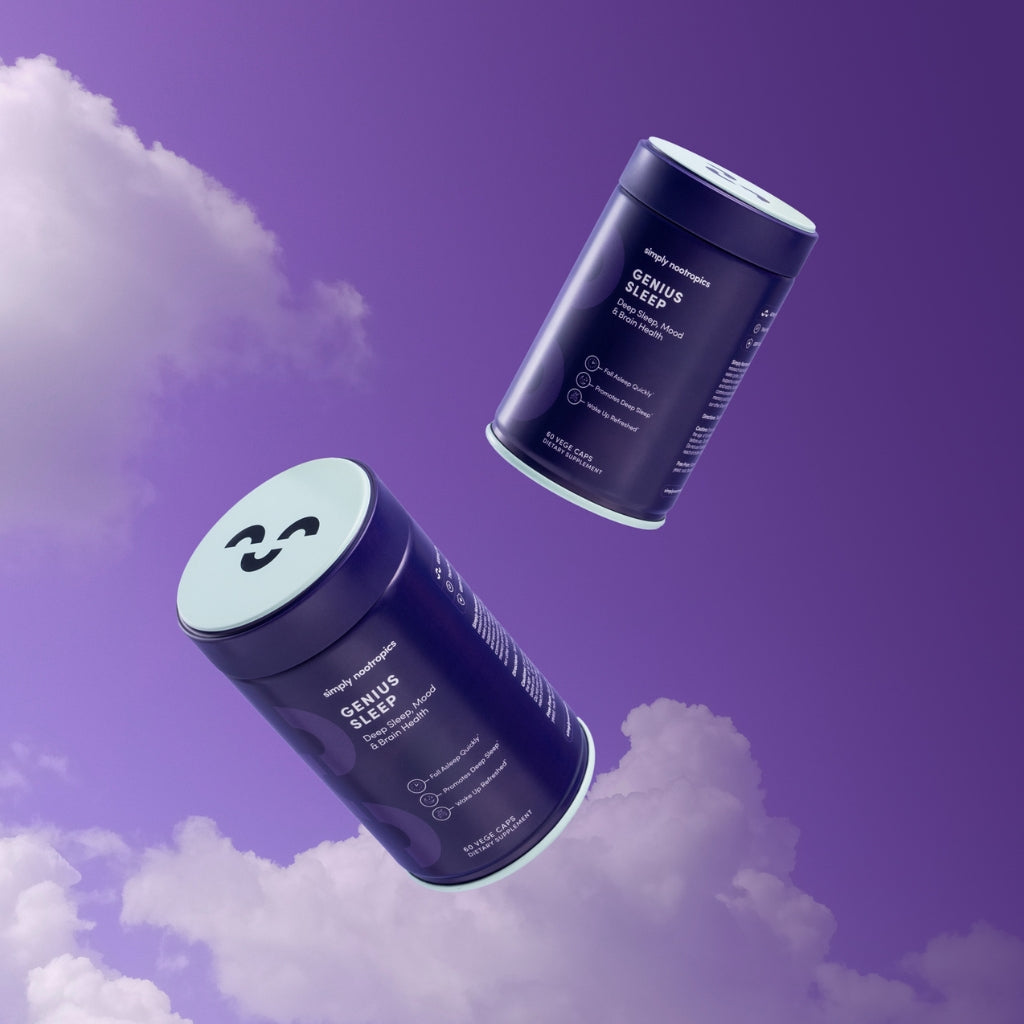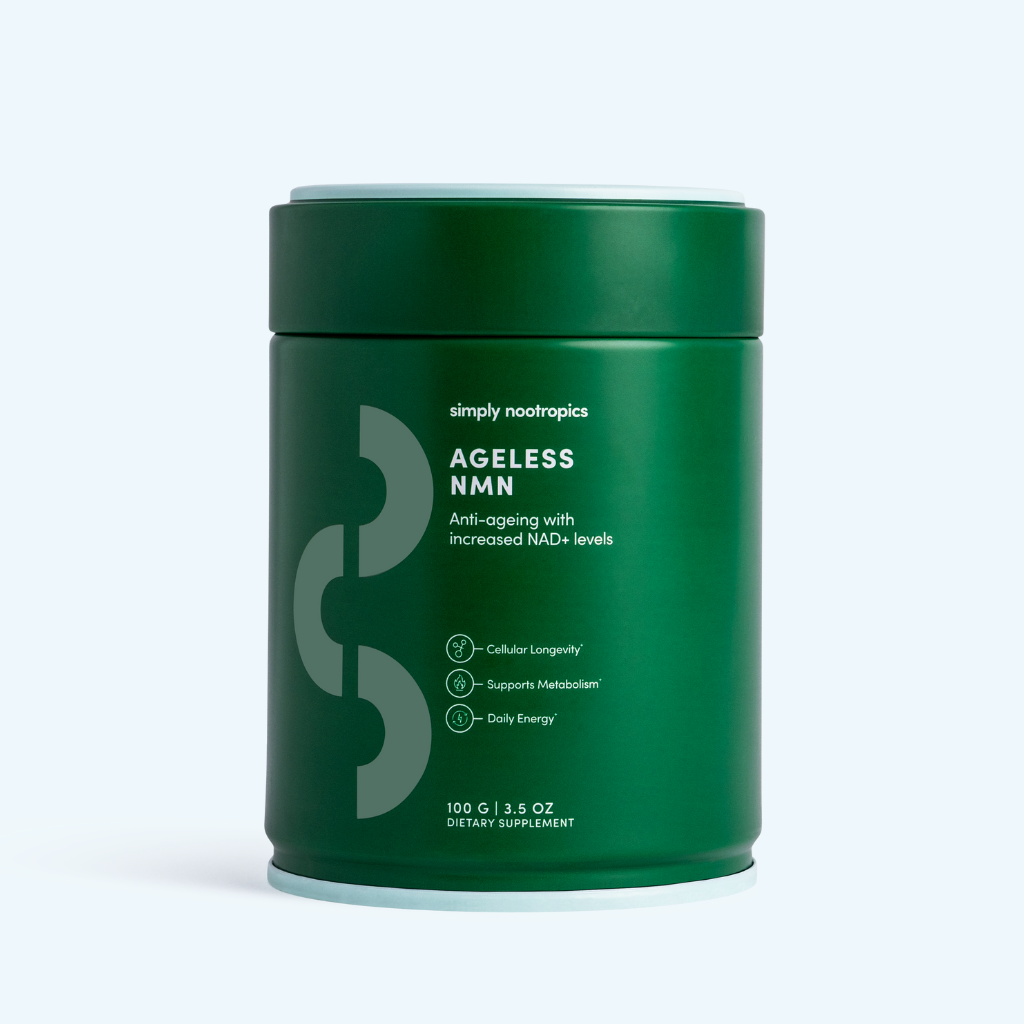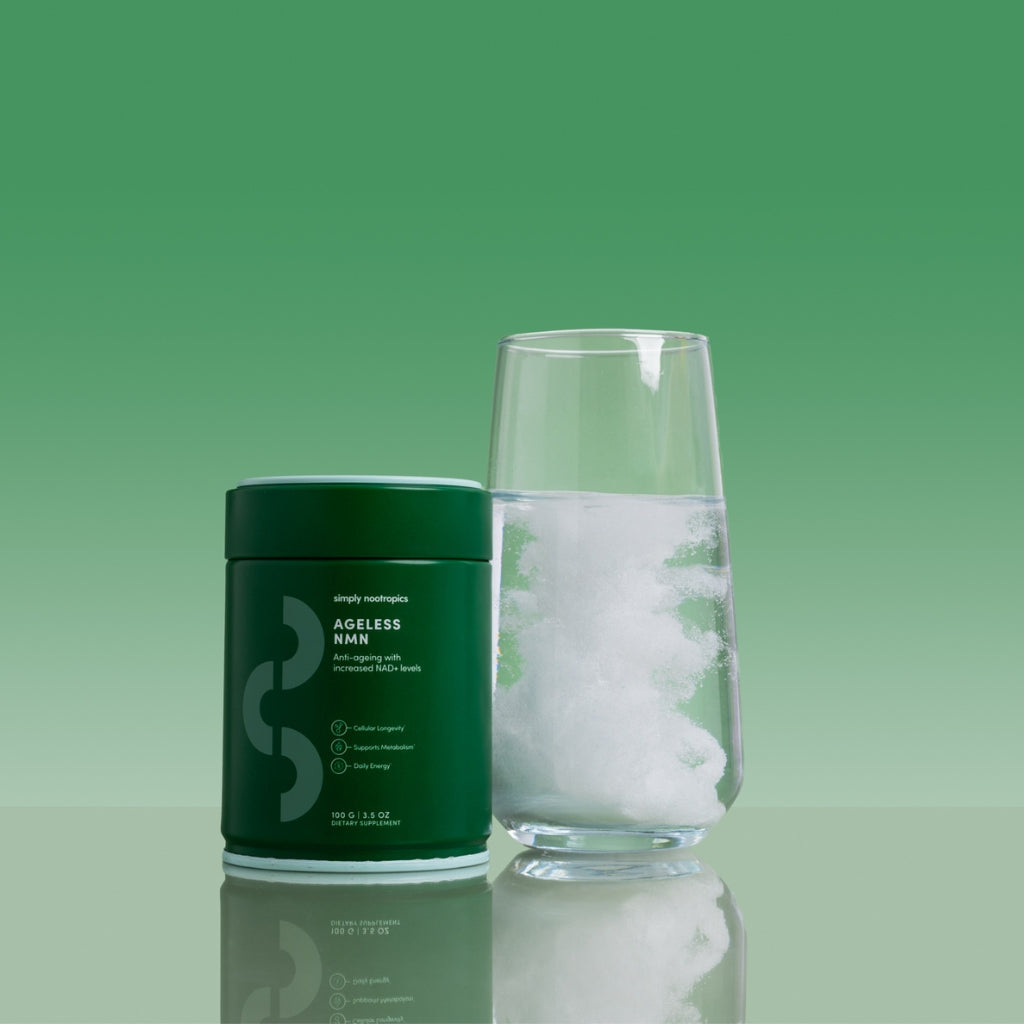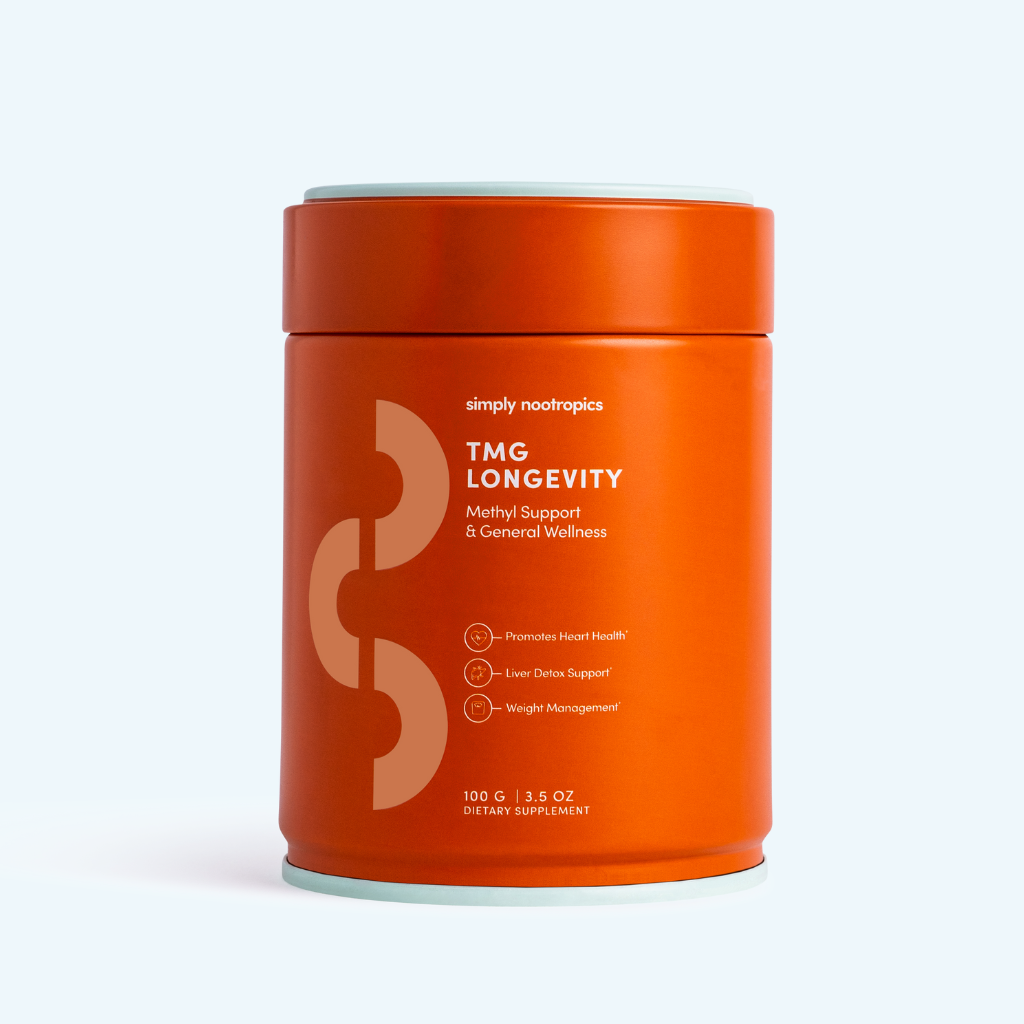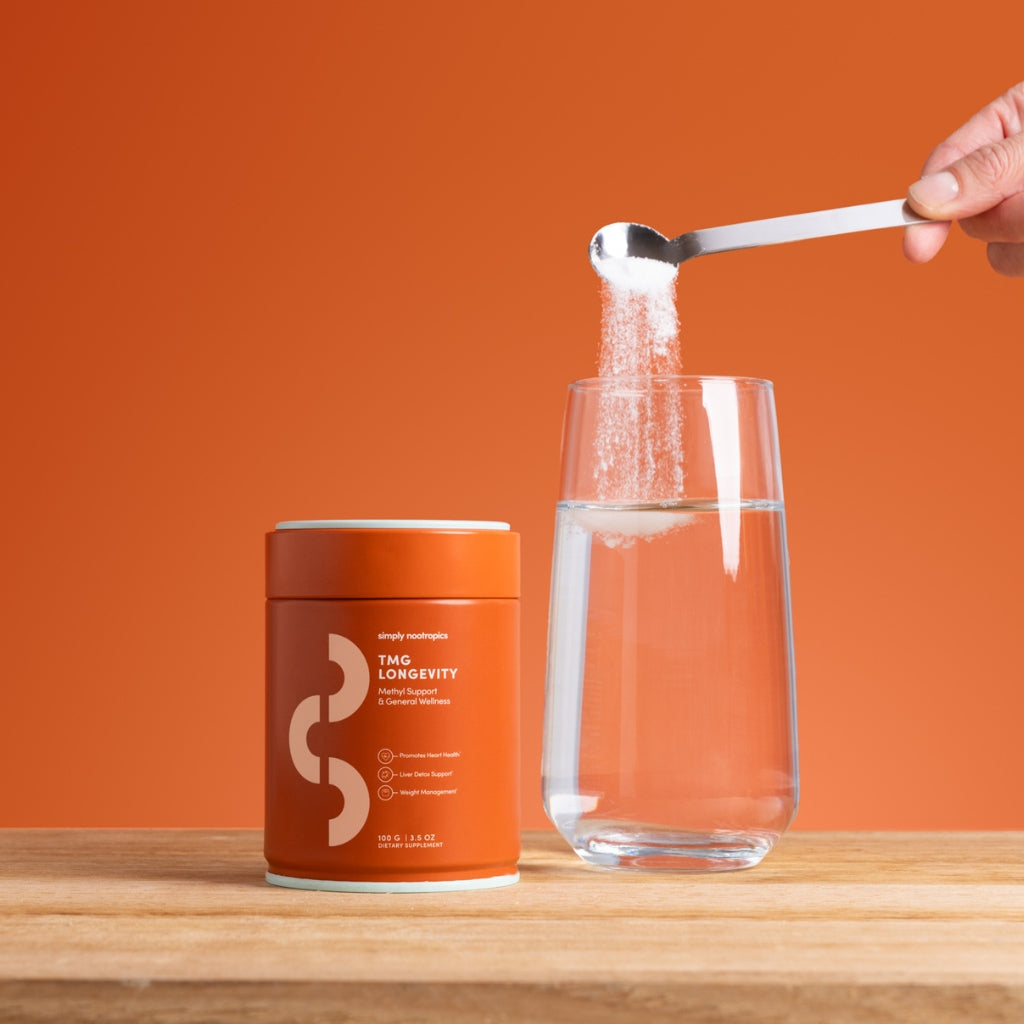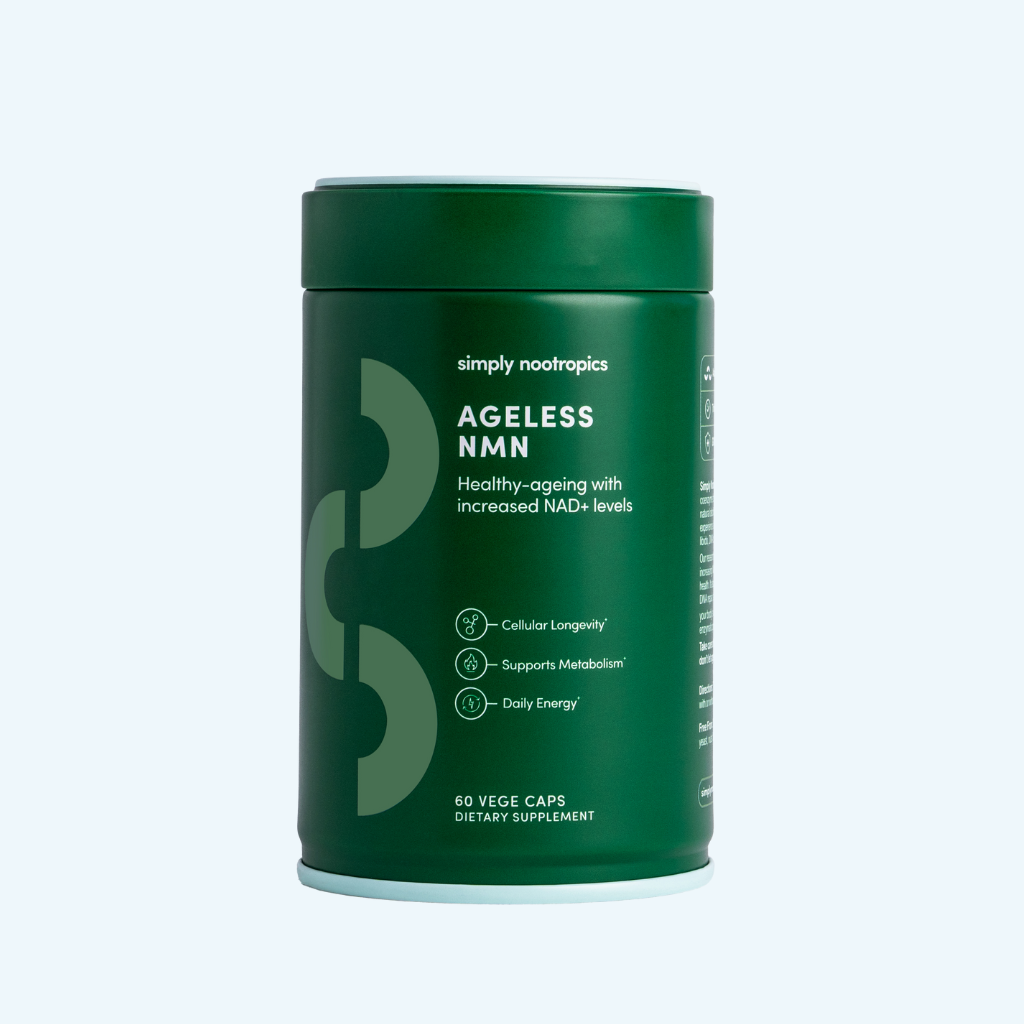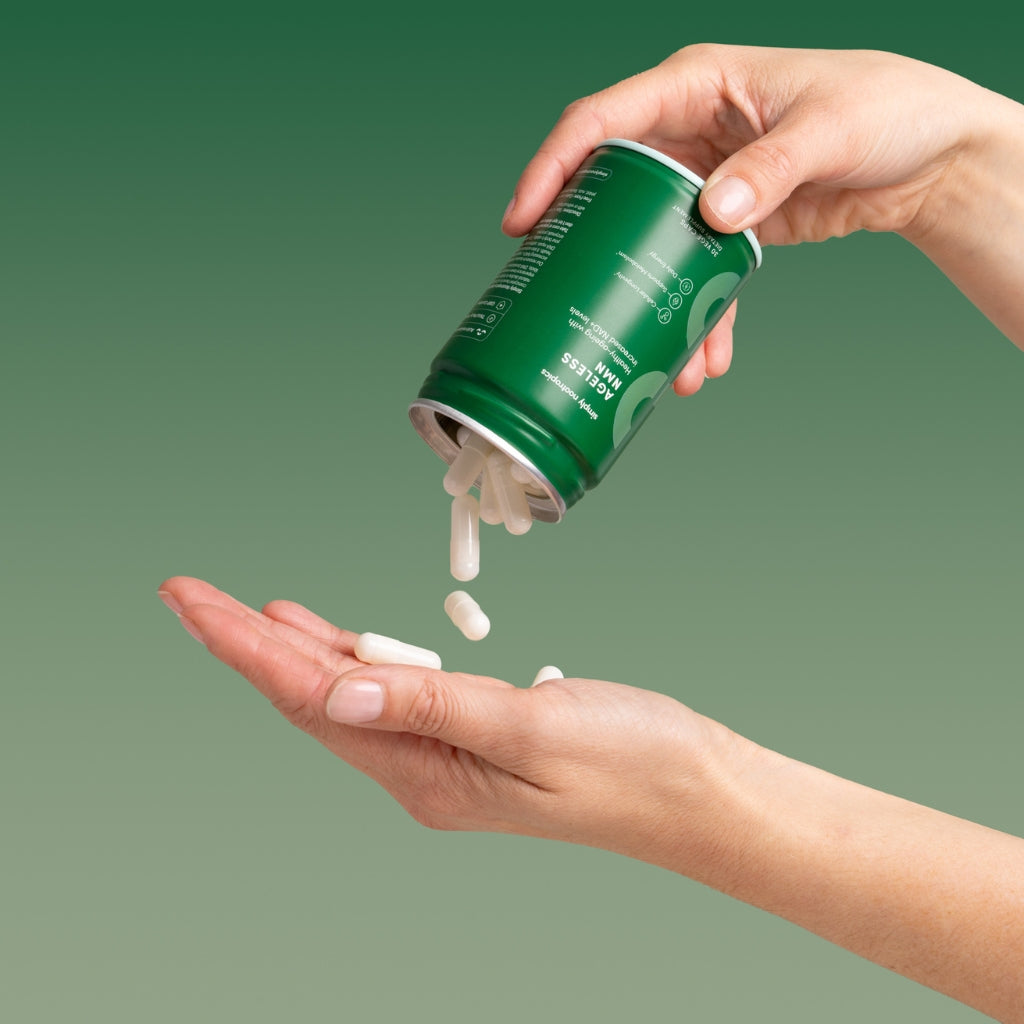We all know that as we get older, our bodies change, and so does our brain. Memory slips, slower thinking, and difficulty focusing can feel like unwelcome signs of ageing. But what if your brain’s biological age doesn’t have to match your actual age? What if you could keep your brain up to five years younger than your chronological age? Emerging research suggests that with the right approach, this is not just wishful thinking but a realistic goal.
In this article, we’ll explore some conventional and unconventional, science-backed strategies that go beyond the usual advice. These methods are practical, effective, and can help you maintain sharper thinking, better memory, and improved mental resilience.
Understanding Brain Age
Brain age is a concept researchers use to describe how “old” your brain is biologically, based on cognitive function, brain structure, and molecular markers. It’s possible for two people of the same chronological age to have very different brain ages. One might have the memory and focus of someone much younger, while another might experience early cognitive decline.
Studies using neuroimaging and cognitive tests have shown that lifestyle and environmental factors can influence brain age by several years. In fact, some interventions have demonstrated the ability to reduce brain age by up to five years, improving mental clarity and cognitive performance for active ageing.
What Causes Your Brain to Age?
Before getting into strategies, it helps to understand what drives an ageing brain:
-
Oxidative Stress: Our brain cells are highly susceptible to damage from free radicals, unstable molecules that accumulate over time and impair cell function.
-
Mitochondrial Decline: Mitochondria are the powerhouses of cells, producing energy. As we age, mitochondrial efficiency drops, reducing energy available for brain processes.
-
Chronic Inflammation: Persistent low-level inflammation can damage neurons and interfere with communication between brain cells.
-
Lifestyle Factors: Poor sleep, chronic stress, lack of exercise, and unhealthy diets accelerate cognitive decline.
Knowing these factors helps us target the root causes rather than just managing symptoms.
Unconventional Strategies to Keep Your Brain Younger
1. Brain Workouts That Change Your Brain
You’ve probably heard that puzzles and crosswords are good for an ageing brain. But recent research points to more effective “brain workouts” that actually rewire neural pathways:
-
Dual N-Back Training: This challenging memory task has been shown to improve working memory and fluid intelligence by strengthening prefrontal cortex connections.
-
Learning New Skills: A new language, a musical instrument, or a complex hobby… learning stimulates neuroplasticity, the brain’s ability to form new connections.
-
Physical Coordination Activities: Dance, martial arts, or sports that require coordination engage multiple brain regions, boosting cognitive reserve.
These activities don’t just keep your brain busy, they promote structural and functional brain changes that can slow ageing.
2. Cold Exposure for Brain Resilience
Cold exposure, like cold showers or ice baths, is gaining attention for its hormetic effects, mild stress that triggers beneficial cellular responses. Research suggests cold exposure can:
-
Increase mitochondrial biogenesis (creation of new mitochondria), improving energy production.
-
Boost production of brain-derived neurotrophic factor (BDNF), a protein that supports neuron survival and growth.
-
Reduce inflammation and oxidative stress.
If you’re new to cold exposure, start gradually, like ending your shower with 30 seconds of cold water, and build from there for active ageing.
3. Intermittent Fasting and Autophagy
Intermittent fasting (IF) isn’t just a weight loss tool. It activates autophagy, the body’s natural process of clearing out damaged cells and proteins, including in the brain. Autophagy helps maintain healthy neurons and reduce the buildup of harmful proteins linked to neurodegenerative diseases.
Popular IF patterns like 16:8 (16 hours fasting, 8 hours eating) have shown promising results in animal studies and early human trials for brain health and active ageing. Always consult your healthcare provider before starting fasting, especially if you have medical conditions.
4. The Power of Novelty and Curiosity
Your brain thrives on new experiences. Seeking novelty stimulates dopamine release, which enhances motivation, learning, and neuroplasticity. This doesn’t mean you need to travel the world (though that helps!). Simple changes like trying new recipes, exploring a new walking route, or picking up a new hobby can keep your ageing brain engaged and youthful.
5. Gut-Brain Axis: Feeding Your Second Brain
The gut microbiome plays a critical role in brain health through the gut-brain axis. A healthy microbiome supports neurotransmitter production, reduces inflammation, and influences mood and cognition.
Supporting your gut with fermented foods (like kimchi, kefir, and sauerkraut), prebiotic fibers, and collagen (which supports gut lining integrity) can have positive ripple effects on an ageing brain.
6. Why Multitasking Ages Your Brain
Multitasking might feel productive, but it actually increases cognitive load and stress, leading to faster mental fatigue and impaired memory. Studies show that frequent multitasking reduces grey matter density in the anterior cingulate cortex, a brain area involved in attention and emotional regulation.
Instead, focus on single-tasking and mindfulness for active ageing. This improves efficiency and protects your brain’s health over time.
7. The Science of Play
Play isn’t just for kids. Engaging in playful activities like sports, board games, or creative arts, reduces stress hormones and promotes neurogenesis (growth of new neurons) in an ageing brain. Play also strengthens social bonds, which are crucial for cognitive resilience.
Putting It All Together: A Practical Approach
Keeping your brain five years younger is achievable by combining these strategies:
-
Incorporate brain workouts that challenge memory and coordination.
-
Try cold exposure in small doses to boost resilience.
-
Experiment with intermittent fasting under medical guidance.
-
Seek new experiences regularly to stimulate dopamine and neuroplasticity.
-
Support your gut health with fermented foods and collagen.
-
Avoid multitasking; practice focused, mindful work.
-
Make time for play and social connection.
-
Consider NMN supplementation to support cellular energy and repair.
Consistency is key for active ageing. These habits build on each other, creating a powerful foundation for cognitive longevity.
Supporting Your Brain Health with Simply Nootropics
At Simply Nootropics, we’re committed to helping you maintain a younger, sharper brain through science-backed supplements. Our Ageless NMN is designed to boost NAD+ levels, supporting your cells’ energy production and repair mechanisms, critical factors in cognitive health as you age.
Available in both capsules and micronised powder, Ageless NMN is third-party tested for purity and backed by clinical research. If you’re looking for a reliable way to support your brain’s vitality every day, explore our Ageless NMN Capsules and Ageless NMN Powder.



